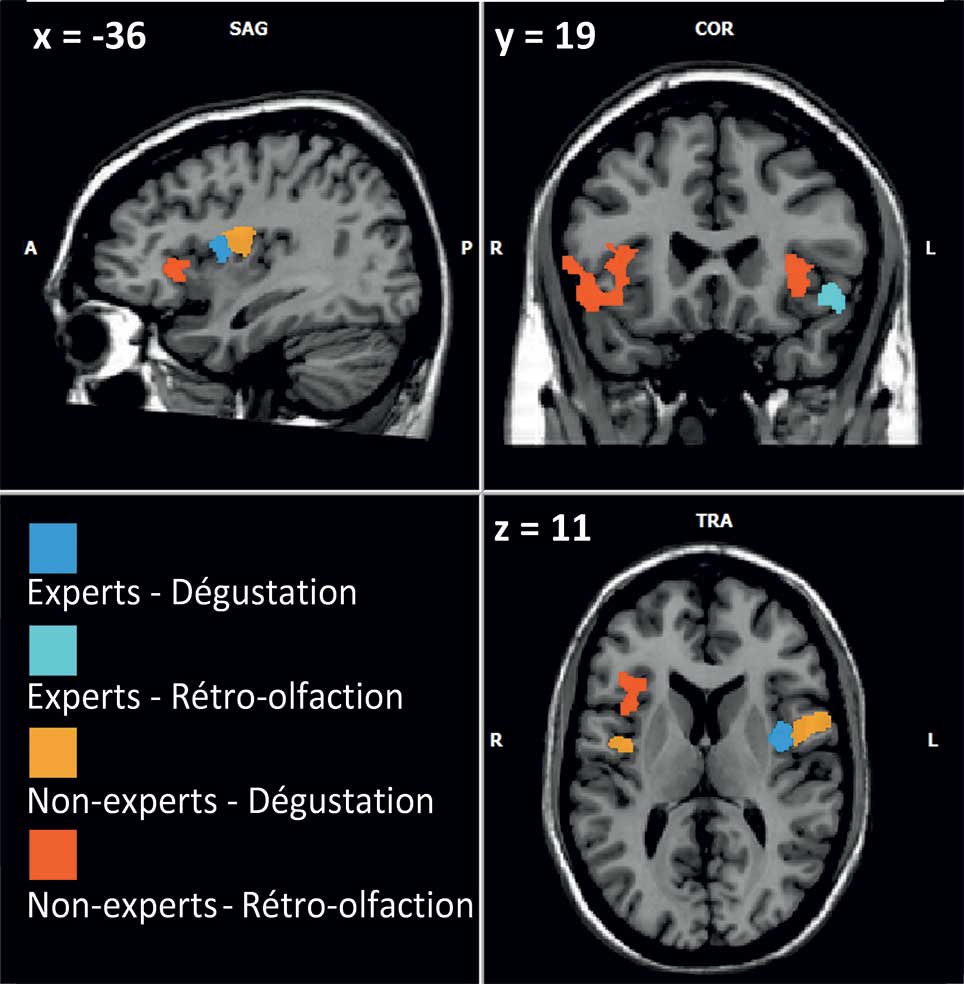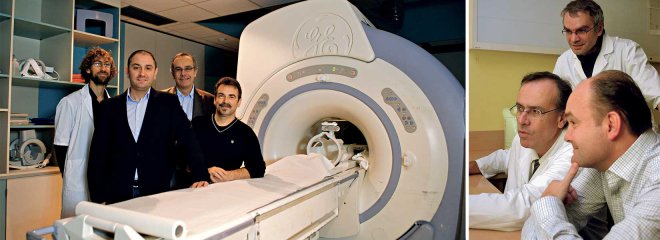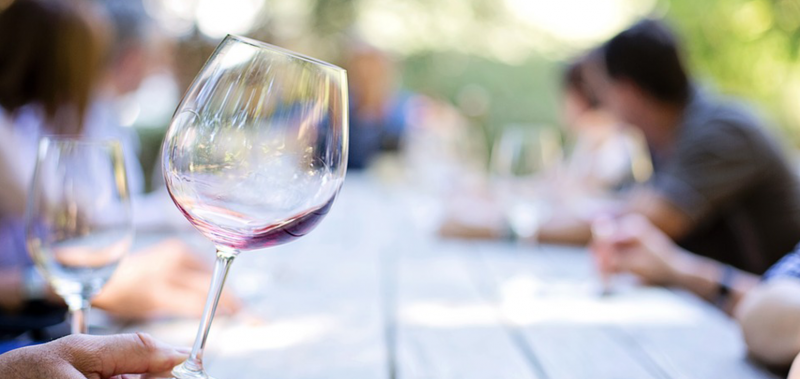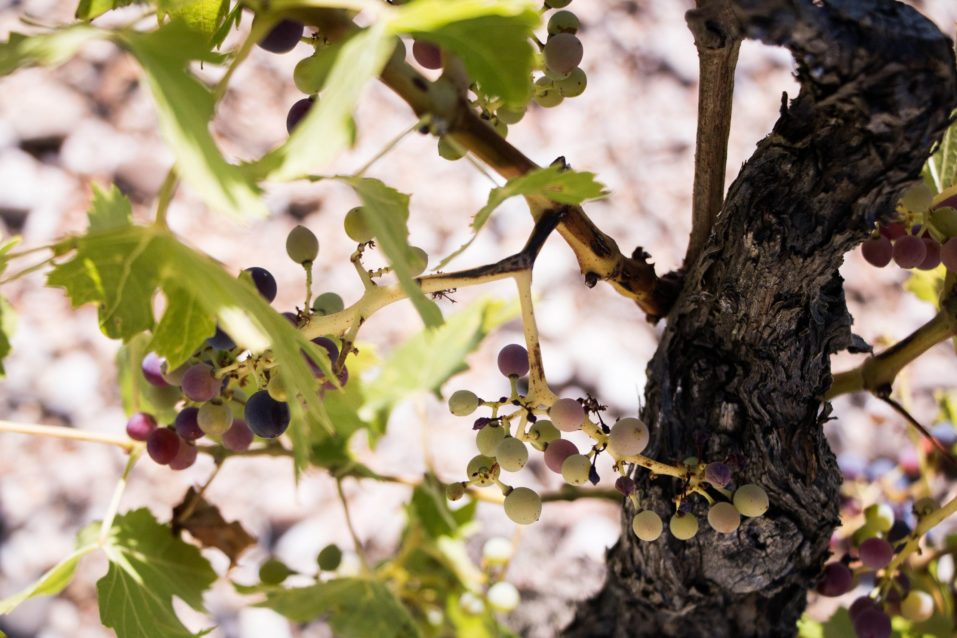Wine tasting is a pretty recent art in the world of wine compared to its’ thousands years of existance. This explains why the researchers have been actively looking into it only for the last five decades. Some results are surprising, others more expected. We have summarized for you an article from “Terre de Vins” about this.
 Throughout several studies they tested sommeliers, students and novices. We can conclude 3 essential points from these studies.
Throughout several studies they tested sommeliers, students and novices. We can conclude 3 essential points from these studies.
Brains work differently
In 2009 twenty sommeliers have gone through a remarkable experience: wine tasting while being observed in a MRI (Magnetic Resonance Imaging). After that it was the twenty novice’s turn. The wine tasting took place in four stages:
1- Recognition of the colour of the wine
2- Blind tasting
3- One information, true or false, was given to the wine taster
4- Once out of the MRI, the wine taster had to decide with a new glass of wine in his hand, whether the wine given to him in the RMI was the same or not.
Besides the fact that this experience has probably saved the famous sommelier Pascal Léonetti’s life by discovering his brain tumor, it has also revealed some interesting facts. First of all, there is no “special wine” zone in the brain. The wine tasting takes place due to a multiple networks creation between neurons. Furthermore, novices and professionals do not activate the same networks. Sommeliers don’t create a lot of new networks in their brains, saving like this their energy and efficiency, whereas the novices use a very numerous zones of their brains in order to try to identify a smell, a taste, a comparaison…

Wine Tasting: an easily influenced activity
In 2004 other researchers had set a traps on the oenology students and on the nonprofessionals and surprise! Even the experienced ones cannot accomplish a perfect performance. Mixing up red wine for the white one because of a wrong clue, finding wood flavours in a wine which hadn’t been put in a oak barrels, preferring one wine to another because of the music…we recommend you to read The Whole article for more details about this work of trickery on.
The conclusion is clear: the brain starts already tasting based on the environment or after a simple statement. So, even unconsciously, we don’t taste objectively.
The healing art
Finally, the last study brings us some good news: Regular wine tasting (but with moderation) allows to maintain your memory and even better, to repair the brain zones affected by the Alzeimer’s disease.
Indeed, the professor Pierre-Marie Lledo from the Pasteur Institute reminded us what a real intellectual bomb consists of: “We currently know that the olfaction brings this unique capacity to the human being to recover some parts of the brain.”
So for the health of our memory: to your wineglasses, steady, go!

You liked our summary? Leave a comment and read the whole article from Terre de Vins: “Quand la Science perce les secrets de la dégustation”.
